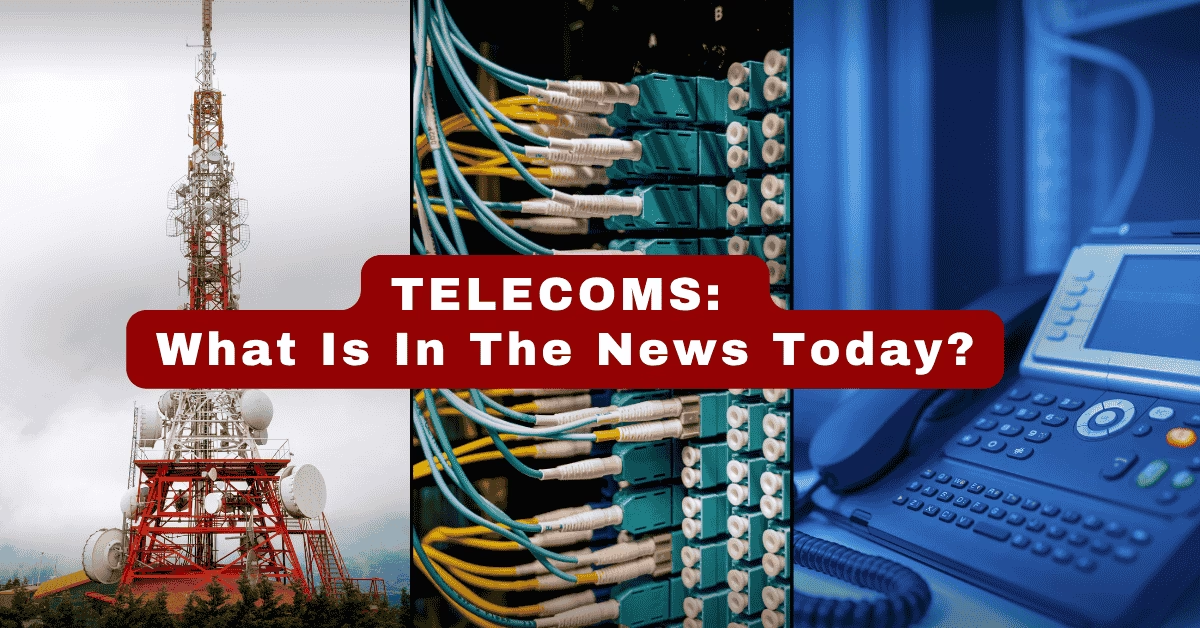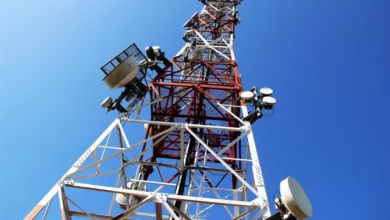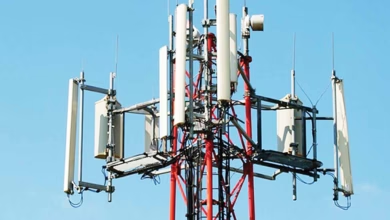
Halt New Orders in Lagos and Abuja Over Capacity Constraints
Starlink has stopped accepting new residential subscriptions in Lagos and Abuja, citing limited satellite capacity. Prospective customers in areas like Victoria Island, Ikoyi, Surulere, and parts of Abuja are now placed on a waitlist, with the option of paying a deposit to secure future service.
The suspension underscores Starlink’s rapid growth in Nigeria and the strain on the country’s internet infrastructure. It also revives concerns from November 2024, when the company paused nationwide sales for eight months due to bandwidth shortages and regulatory disputes with the Nigerian Communications Commission (NCC).
The waitlist highlights strong consumer demand but also signals the urgent need for expanded broadband solutions to meet Nigeria’s connectivity needs.
Zambian Operators Warn of Tax Burdens and Tightening Regulation
Telecom operators in Zambia are voicing concerns over rising taxes and tougher regulatory requirements, which they say are squeezing profits and stalling infrastructure investments.
The 2025 PWC Zambia Telecommunications Survey revealed that higher excise duties on data services and telecom equipment have raised operating costs, limiting operators’ ability to expand affordable services in underserved areas. Recent laws—including the Income Tax (Amendment) Act No. 24 of 2024 and the Mobile Money Transaction Levy Act—have also added compliance burdens.
Stakeholders are urging policymakers to reassess tax and regulatory frameworks to foster investment, warning that continued constraints could widen the digital divide and slow economic growth.
La Luce Cristallina Opens New Wafer Facility in Texas
La Luce Cristallina has launched a new 200-mm barium titanate (BaTiO₃) wafer fabrication plant in Austin, Texas, boosting its capacity to serve the data center, telecoms, sensing, and photonics markets.
Equipped with advanced Finnish technology, the facility enhances global collaboration while securing a U.S.-based supply chain. Orders for the wafers are already being accepted, with deliveries scheduled for early 2026.
The launch comes as the global optical interconnect market heads toward $34.54 billion by 2030, positioning the company to capture a strong share of this rapidly expanding sector.
MTN Tops Voice Network Quality in Northern Cape
MyBroadband Insights has ranked MTN as the best provider of voice network quality in South Africa’s Northern Cape, ahead of Telkom, Vodacom, Rain, and Cell C.
The ranking is based on the largest mobile voice testing project ever conducted in the country, covering 10,000 km of highways and involving 34,000 calls between May and July 2025. Using Keysight’s Nemo platform, testers gathered over 566 hours of call data across cities, towns, and transport corridors.
The results reinforce MTN’s leadership in voice services and highlight the importance of independent quality assessments for consumers in choosing reliable operators.
Nigeria’s Data Surge Drives VAT Revenue Boom
Nigeria’s soaring data consumption has become a major driver of government revenue, with VAT collections from the ICT sector rising to ₦597.65 billion ($398 million) in 2024—up 122% from ₦268.84 billion in 2022.
Telecommunications alone accounted for 81% of the sector’s ₦33.62 trillion ($22.39 billion) output last year, reflecting the central role of the industry in the broader economy. Data consumption nearly doubled over the same period, climbing 88% to 973,455 terabytes.
With VAT applied at 7.5% to every call, SMS, or megabyte, the government’s revenue base continues to grow in step with digital adoption. The figures underscore telecoms’ dual role as both an enabler of connectivity and a critical contributor to national economic stability.




